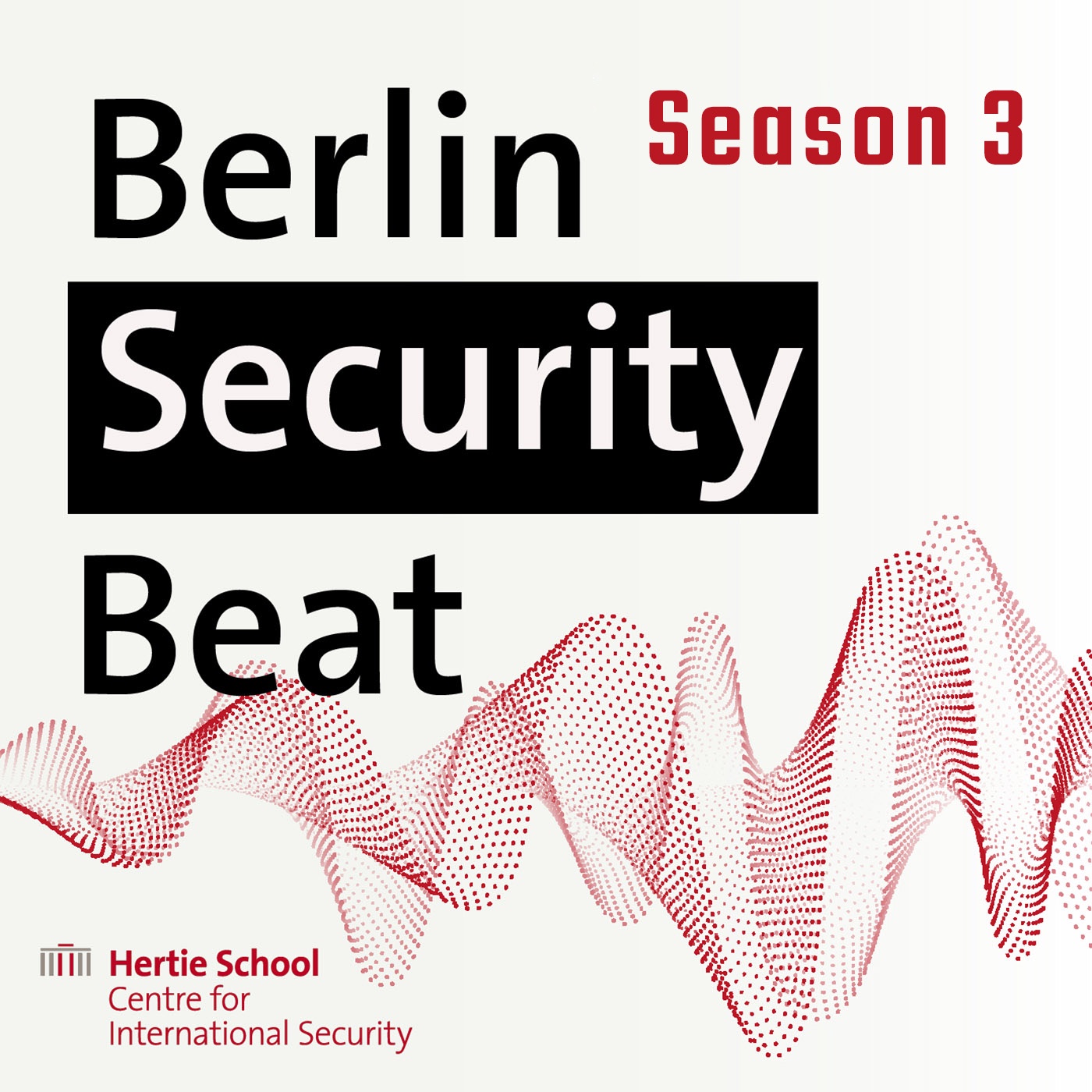
S1 Episode 11: “When Sanctions Do (Not) Work”
Alistair Wellmann, a Practice Fellow at the Centre for International Security at the Hertie School, and an expert on sanctions implementation and effectiveness, joins Dr. Katharina Emschermann, Deputy Director at the Centre for International Security, to talk about sanctions. They discuss:
• why states impose sanctions,
• different sanction types,
• when sanctions work and when they don’t, and
• how to sharpen the tool.